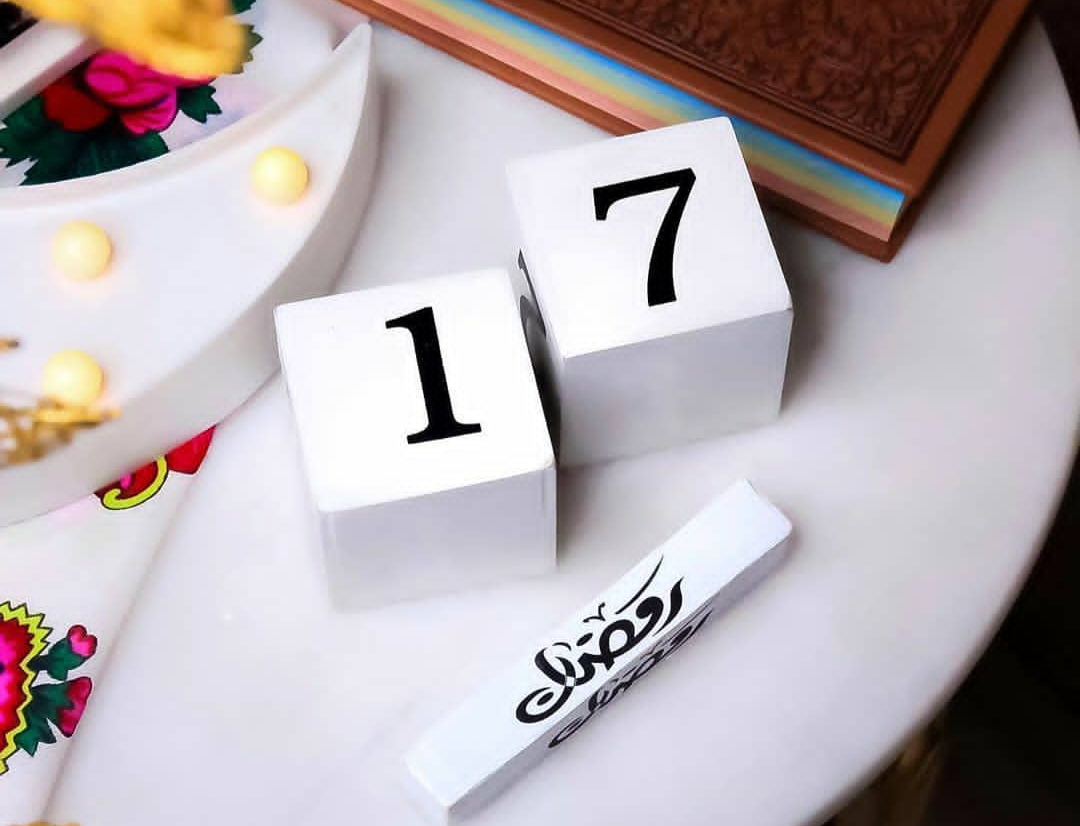He assumed Ihram from the Miqat then something prevented him
Question :
What is the ruling on whoever assumed Ihram from the Miqat for Hajj or 'Umrah, then something prevented him from performing Tawaf and Sa'y?
Answer:
He remains in his Ihram if he hopes that this thing that is preventing him will be removed soon. This is like if the thing preventing him is a flood or an enemy that he may be able to negotiate with to enter (Makkah) and perform Tawaf and Say. In this case, he should not be hasty in removing his Ihram. This is like what happened to the Prophet ﷺ and his Companions when they remained the period of a day in Al- Hudaibiyyah for negotiations with the people of Makkah, so that perhaps they would allow them to enter and perform 'Umrah without fighting. When they found that the matter would not be easy (i.e., that they would not enter) except by war, and the people were determined to prevent them, the Prophet ﷺ and his Companions sacrificed their animals, shaved their heads and removed their Ihram.
This is what is legislated for the person who is prevented. That is that he should wait, and if it is possible for the restriction to be removed he continues in his Ihram and performs his Hajj rites. If it is not possible to remove the restriction and the situation becomes difficult for him, he removes the Ihram for this 'Umrah or Hajj if he was performing Hajj, and there is nothing due on him other than removing Ihram by shedding blood and shaving or cutting the hair. This is as the Prophet ﷺ and his Companions did on the day of Al-Hudaibiyyah. By this he removes his Ihram as Allâh said:
"But if you are prevented (from completing Hajj or 'Umrah), sacrifice a Hady (animal, i.e., a sheep, a cow or a camel) such as you can afford, and do not shave your heads until the Hady reaches the place of sacrifice."
Hence, the shaving of the head is after the sacrifice, and the cutting of the hair can take the place of shaving the head. In this way, he should sacrifice first, then shave the head or cut the hair, then remove the Ihram and return to his land.
Source:
Ash-Shaykh Ibn Baz
Fatawa Islamiyah, Vol. 4 Pages 261-262
 أرسلها على تطبيق الواتساب
أرسلها على تطبيق الواتساب 